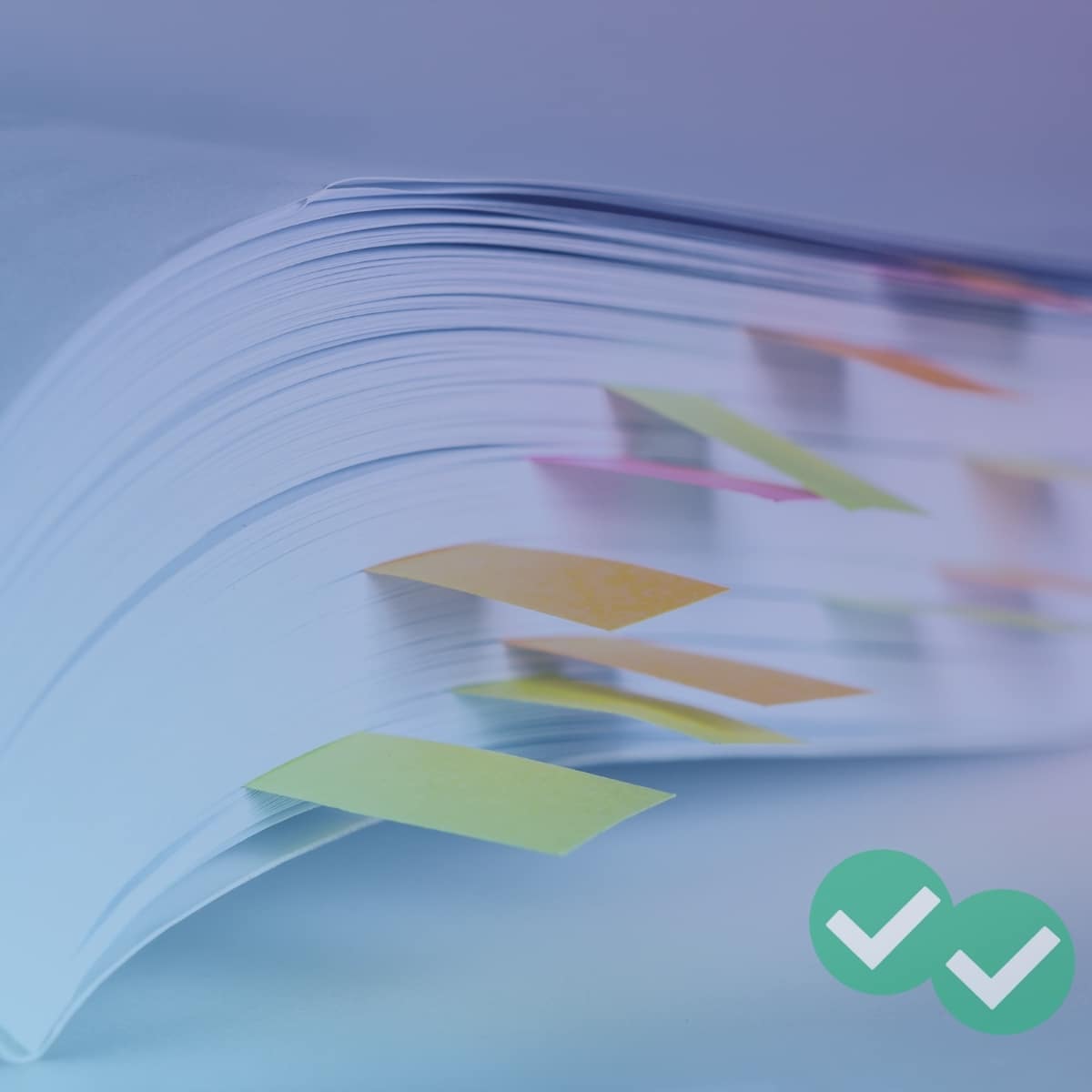
IELTS Reading passages are known for their advanced vocabulary and grammar. IELTS passages also contain complex (and interesting!) information.
How can you keep track of all this? What is the best way to notice and remember the meaning of the words and grammatical structures? And how do you stay focused on the most important information?
Some test-takers deal with this by taking notes. Some IELTS teachers seem to approve of this, while others recommend against note-taking in IELTS Reading. So who is right? Is taking notes really the best way to get a good IELTS Reading score?
The answer to the question I just asked is…. “Maybe.” Whether or not you should take notes depends on your learning style. In addition, if you do decide to take notes, your note-taking method is important. Take notes the “wrong” way, and the notes probably won’t help you.
Taking Notes in IELTS Reading: Best Practices
Let’s first look at the best way to take notes in IELTS Reading.
If you’re going to take notes in the IELTS Reading section, remember this: less is more. What do I mean? I mean that you shouldn’t take too many notes. Instead, your goal should be to take as few notes as possible. If you can write down a single word instead of a phrase, go with that. And the notes on your reading should never be written in complete sentences.
Remember, you aren’t writing your notes so that someone else can understand them. You’re writing the notes so that you can understand them. The notes are really just reminders to yourself, reminders of thoughts that are already in your head. It shouldn’t take more than word or two to help you recall important things you’ve just read.
The less time you spend writing your notes, the more time you’ll have to read the passage and answer the questions. Not only that, but if your notes are too wordy, they may actually cause you to understand the reading less. If you focus too much of your energy on note-taking, you’ll simply copy ideas from the reading into your notes, without really thinking about what those ideas mean.
One of the best ways to “minimize” notes is to simply underline or circle words and phrases in the IELTS Reading passage (or use the onscreen highlighting function if you’re taking the computer-delivered IELTS). If need be, you can also add a few short notes about why certain words and phrases are important.
How to Know if You Should Take Notes
As you practice the IELTS, do some trial-and-error to see if note-taking works for you. For some reading passages, take minimal notes, as described above. For other passages, try to answer the questions without any notes. Which approach leads to more accuracy and better scores for you? Of if you’re getting the same scores, which approach makes you the most comfortable?
You can see which approach works best with a free reading practice test, like the one found in the video below:
In short, if notes seem to work well for you, take them and use them. If not, then you’re a no-notes kind of IELTS prepper.
I hope this helps! For more tips and tricks for IELTS Reading notes and so much more, see our complete guide to IELTS Reading.






Leave a Reply